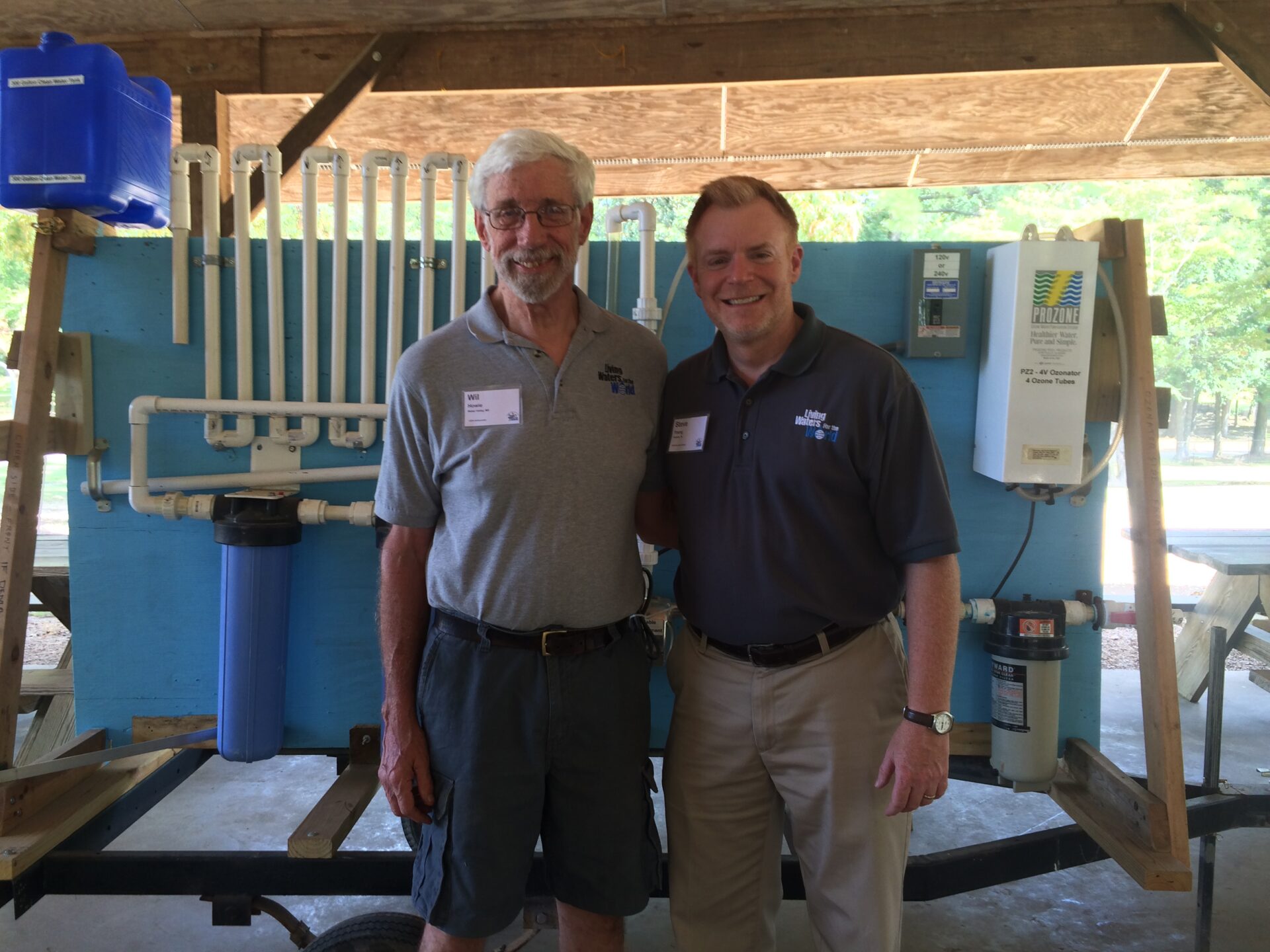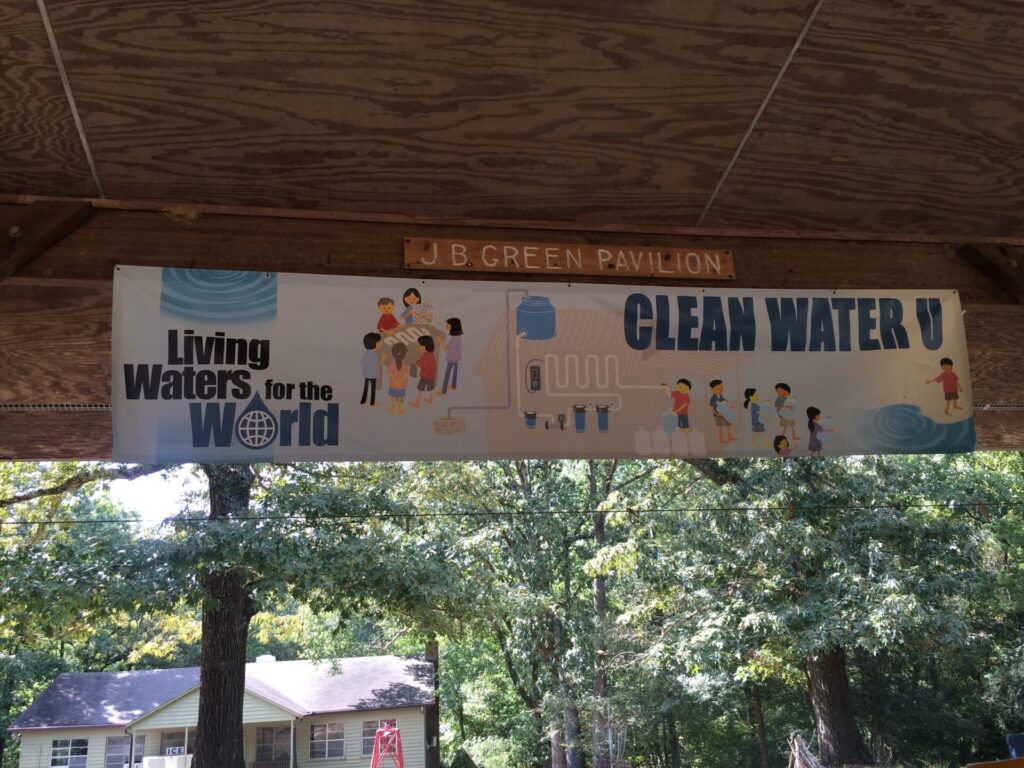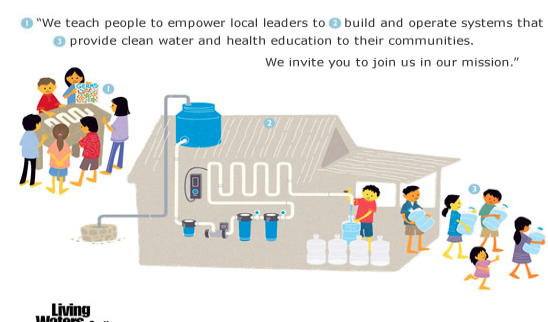
Camp Hopewell, hidden in the midst of Holly Springs National Forest, is a year-round retreat center and summer camp that caters to Oxford and surrounding communities. What many people do not know about Camp Hopewell is that it also serves as a training center for an organization known as Living Waters for the World.
Living Waters for the World (LWW) is an organization that trains and equips mission teams to share the gift of clean, sustainable water with communities in need. The organization was founded as a ministry to the Presbyterian Church (USA), but welcomes people of all walks of life and all denominations.
According to the Living Waters website, the need for clean water is overwhelming. Over three million people die each year from water related illnesses (most of them are children).

Wil Howie, founder and ambassador of LWW, said that the organization trains volunteers four times a year- three times in Oxford at Camp Hopewell, and one time at Calvin Crest Conferences, near Oakhurst, California. The training lasts for four and a half days, and it is called Clean Water U. The organization began training in March of 2004. Over the past 11 years in Oxford, 2,000 volunteers have been trained. Clean Water U has trained Ole Miss students from 36 states with many international students as well.
“We don’t drill wells or provide access to water,” Howie said. “Our goal is to use available but contaminated water and process it through our modular clean water systems to purify it for human consumption.”
Through filtration and disinfection processes, bacteria, chlorine-resistant organisms and other impurities are removed from the water. The system can process up to 300 gallons of water per hour.
Living Waters serves 25 different nations, has 711 installed systems and has 11 regional networks. They include Cuba, Dominican Republic, El Salvador, Guatemala, Ghana, Haiti, Honduras, Peru, Southeast Mexico, Nicaragua, and Yucatan.

The clean water installation is in a central location and the water gets distributed out. Once the first system is operational, other villages nearby hear about the clean water and want LWW to come to them. Living Waters uses the “train the trainer” approach, so that the knowledge they share can be passed from person to person, in order to create self- sufficiency. The organization doesn’t “work for people, but works with people.”
“It’s all about teaching others and letting them carry it on,” Howie said.
All of LWW’s systems are located in institutional settings like: churches, health clinics, schools, hospitals and orphanages. These systems do not plumb into homes, but people can get the clean water in five-gallon bottles.
Steve Young, Executive Director of LWW said building strong relationships between all the partners is the key to LWW’s success.
To build these relationships, first LWW partners with an Initiating Partner (usually a US based church or civic organization) then the Initiating Partner partners with an Operating Partner in a specific community in the world. The friendship grows through the four trips made over three years. Beginning with the partnership development, installation of the hardware and health education training, the follow-up visits ensure the sustainability of relations, education and the equipment.
“The Civil Engineering department at Ole Miss is working with us as a service learning project where we are providing hands-on training and they are helping us evaluate our equipment, our treatment processes and designs,” Young said.
For more information about Living Waters for the World, visit their web site at www.livingwatersfortheworld.org.
Kathryn Winter is a social media specialist and staff writer for Hottytoddy.com. You can e-mail her here kathryn.winter@hottytoddy.com

